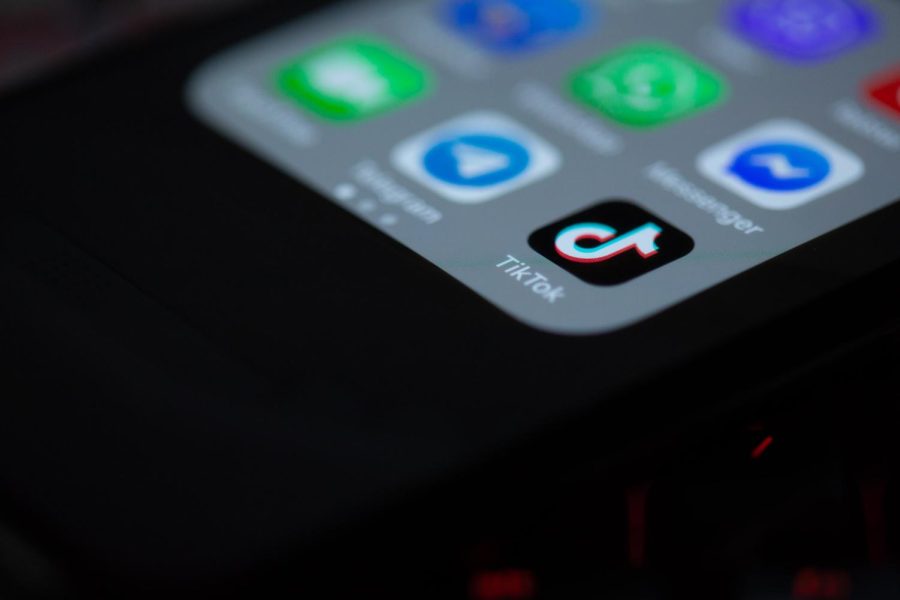TikTok vs. United States
March 31, 2023
In one of their most controversial and probably ineffective measures by the federal government, the White House and Congress seek to do what former President Trump sought to do: ban TikTok. Citing threats to national security, they fear that the expansion of TikTok usage could infringe on the privacy rights of Americans, as TikTok is a service owned by ByteDance, a Chinese company, underneath growing American-Chinese tensions.While TikTok is used by people of all generations around the world, its most pronounced effects can be seen through how it has shaped the culture and minds of its most prominent user demographic, America’s Gen Z. According to Wallaroo Media, 62% of TikTok’s main viewers, aged 16-29, are so heavily influenced by apps like TikTok that they can’t perceive the world without making some sort of Internet reference, either mentally or out loud. In fact, it seems like young people have trouble communicating without TikTok and internet culture. The social media app is vital in online communication and entertainment, so many users are reasonably upset by the prospect of a serious ban on TikTok.
Aside from sowing generational divides, banning TikTok threatens to have a more global impact. With relations between the U.S. and China already being less than desirable due to several factors, including but not limited to the recent axis established between Beijing and Moscow, theories about the true origin of COVID-19, and the spy balloons that were shot down, it wouldn’t be surprising if a trade embargo or travel restriction arose as a result of the US cutting off one of China’s biggest sources of revenue and publicity.
It’s not news that the U.S. fears foreign access to American data. However, there could be an ulterior motive behind the ban. According to Capitol Trades, Congress members who conducted the TikTok hearing invest in Meta, Alphabet (Google), Amazon, and Apple which are all American-based companies that would greatly benefit from an elimination of international competition. This explains why Congress tightly pursued TikTok in court with weak evidence and questions, such as ones asking if TikTok needs to use WiFi. Protecting the data of American citizens is a reasonable concern and justification for a possible ban on TikTok. However, all the inquiries directed at TikTok apply to any social media company in existence, and it’s unfair to have legislators with inside knowledge decide which companies prevail and which ones don’t.
It doesn’t seem likely that the federal government’s ban will trickle its way down to average citizens. However, even if the ban on TikTok comes to include everyday people, Gen Z is unaffected by this. Removing access to one platform of online expression will just cause a mass Internet migration to another, while unnecessarily provoking another arm to the political conflict with China. Gen Z would give the President a bombastic side-eye, but teenagers and young adults will ultimately find a way to continue and grow their internet culture elsewhere.
Photo courtesy of UNSPLASH.COM

